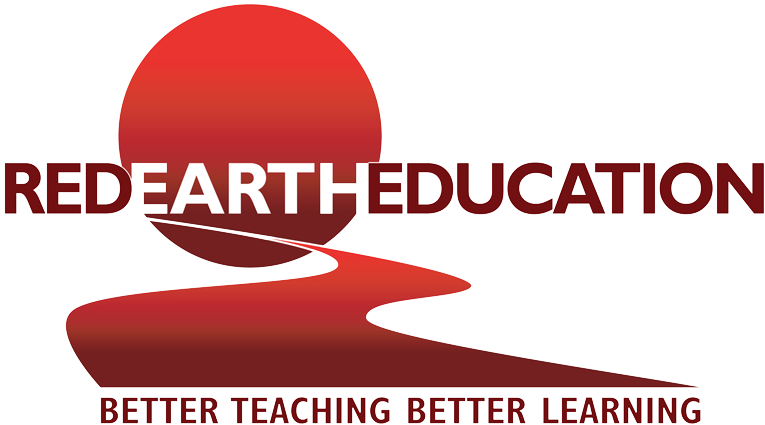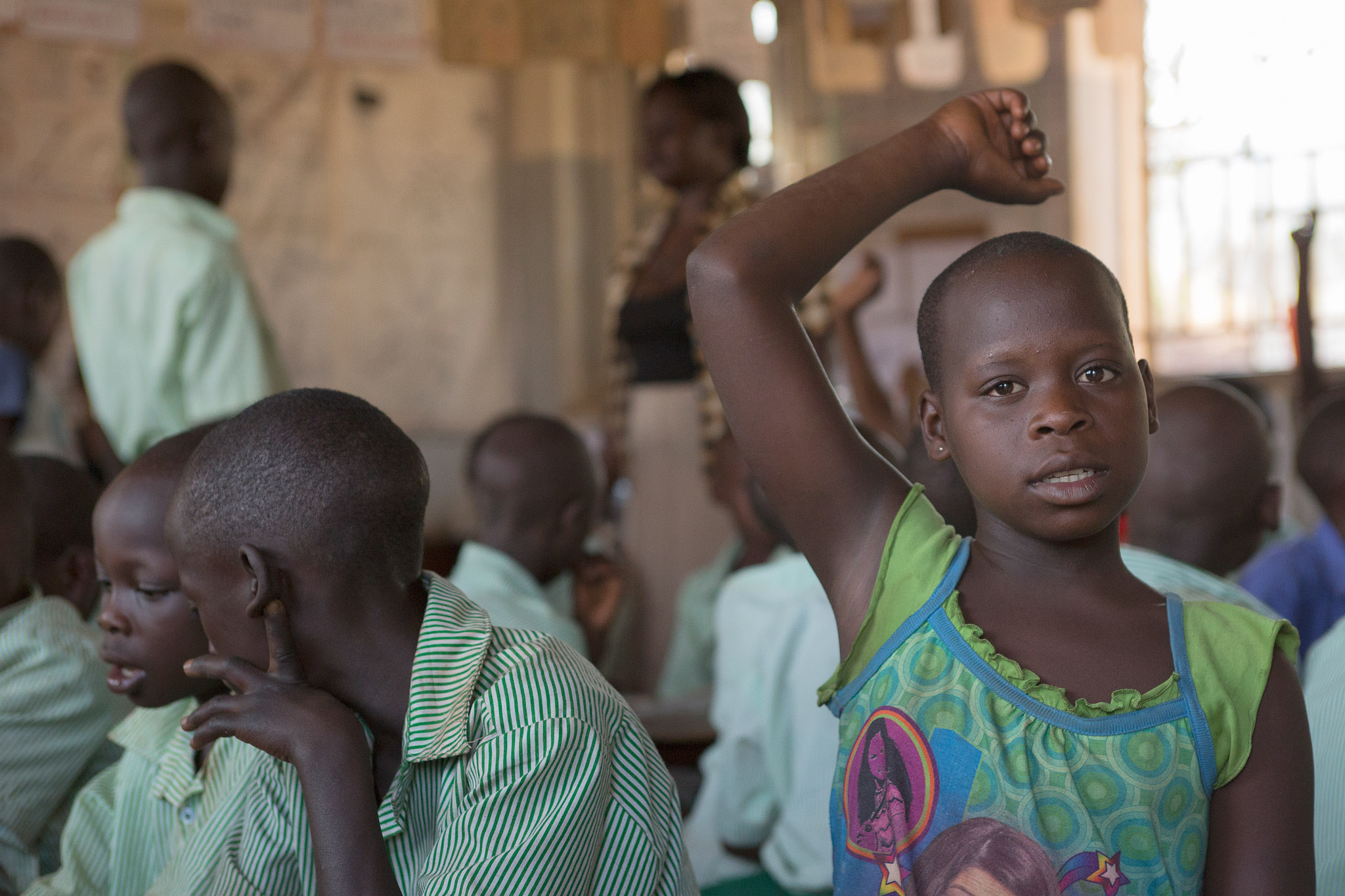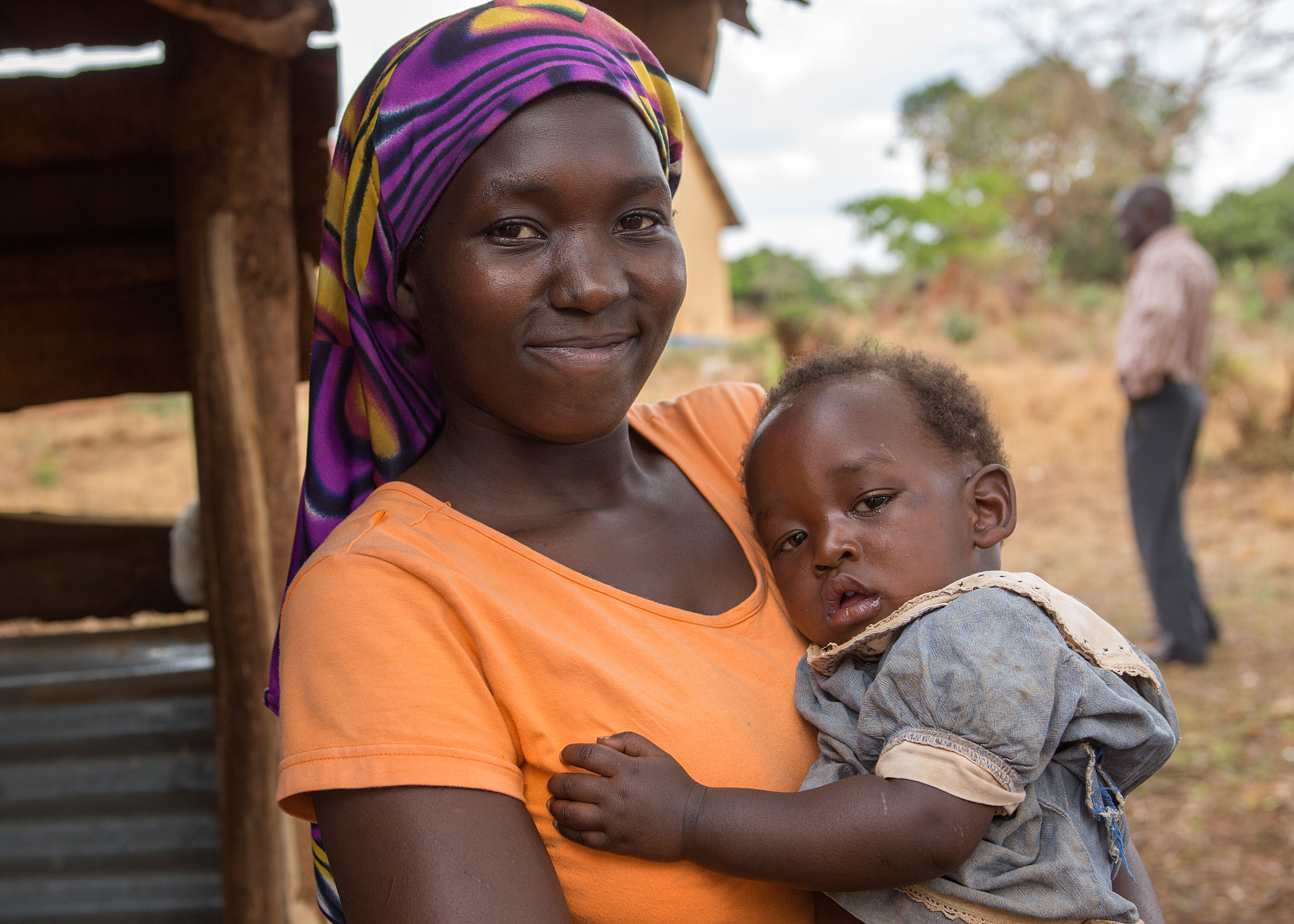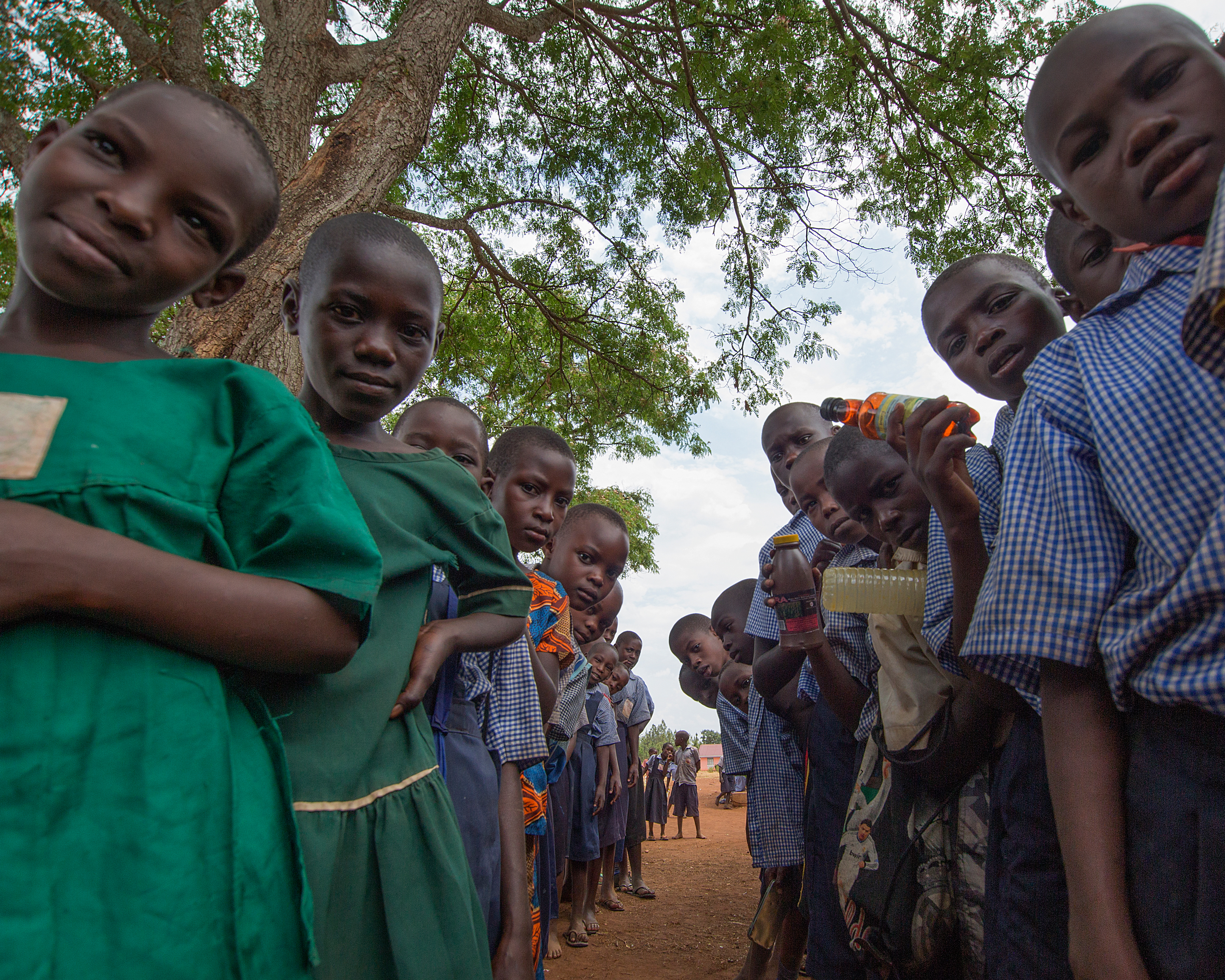Uganda’s youth:
The population of Uganda is predicted to more than double over the next four decades, reaching 104 million by 2060. Over this time, 1.2 million new people will enter the workforce every year. By 2060, around 70% of the population will be of working age, with half living in urban areas (currently 76% live in rural areas).
The quality of education that this growing, young population receives is crucial, today and over the next 40 years. All children must develop the skills they will need to enter this changing, urban and globalised world - skills like critical thinking, problem-solving and other high-level cognitive, interpersonal and social skills on top of foundational skills like literacy and numeracy.
In providing every child with a high quality education, we empower them to go on to attain their full potential and contribute to the economic growth that will help lift millions out of poverty.



